
Introducing Grok : Musk to integrate xAI with social media platform
xAI has introduced Grok, an AI model that combines the wit and spontaneity of ‘The Hitchhiker’s Guide to the Galaxy’ with the practicality of a research assistant. This AI model is designed to answer questions and suggest further inquiries, providing users with a unique tool for exploration and learning. Grok’s integration with the X platform allows it to access real-time information, setting it apart from other AI systems by enabling it to respond to contemporary and spicy questions that may be censored by other models.
Features and Technical Details
- Grok-1 Language Model: Developed over four months, Grok-1 is a frontier language model with 33 billion parameters, showing capabilities close to LLaMA 2 (70B) but with half the training resources.
- Benchmark Performance: Grok-1 has achieved 63.2% on the HumanEval coding task and 73% on MMLU, surpassing other models in its compute class on standard machine learning benchmarks.
- Infrastructure: Built on Kubernetes, Rust, and JAX, the infrastructure is designed to handle the complexities of large-scale GPU-based computations with high reliability.
- Comparison with Other LLMs: Grok-1’s performance is compared with other large language models (LLMs) such as LLaMA 2, Inflection-1, GPT-3.5, Palm 2, Claude 2, and GPT-4, showcasing its capabilities in relation to these models.
- Efficiency: The system maximizes compute per watt, ensuring an environmentally friendly and cost-effective AI solution with high Model Flop Utilization (MFU).
- Rust for Reliability: The use of Rust in infrastructure development provides a stable and maintainable system, crucial for long-term operations.
Benefits
- Research and Innovation: Grok serves as a powerful research assistant, capable of quickly accessing and processing relevant information and suggesting new avenues of inquiry.
- Real-time Information Access: The integration with the X platform provides Grok with a unique advantage over other AI models, allowing it to answer questions based on the latest available data.
- Diverse Applications: Grok is designed to be useful to people from all backgrounds and political views, democratizing access to information.
Benchmark Comparisons
- GSM8k: Grok-1 achieves 62.9% in an 8-shot setting, outperforming GPT-3.5 and closely matching LLaMA 2 70B, while GPT-4 leads with 92.0%.
- MMLU: Grok-1 scores 73.0% in a 5-shot setting, surpassing GPT-3.5 and showing competitive results compared to other models, with GPT-4 at 86.4%.
- HumanEval: Grok-1 excels with 63.2% in a 0-shot setting, significantly outperforming LLaMA 2 70B and GPT-3.5, while GPT-4 achieves 67%.
- MATH: Grok-1 scores 23.9% in a 4-shot setting, showing improvements over GPT-3.5 and LLaMA 2 70B, with GPT-4 reaching 42.5%.
- Human-graded Evaluation: On the Hungarian National High School Math Exam (May 2023), Grok-1 scores 59% in a 1-shot setting, outperforming GPT-3.5 and Claude 2, with GPT-4 leading at 68%.
Other Technical Details
- Scalable Oversight with Tool Assistance: Grok aims to use AI to assist with scalable oversight by verifying information and seeking human feedback when necessary.
- Formal Verification for Safety: xAI plans to integrate formal verification to ensure the safety, reliability, and grounding of AI systems.
- Long-context Understanding and Retrieval: Grok is being developed to efficiently discover and retrieve information relevant to the context at hand.
- Adversarial Robustness: xAI is focused on improving the robustness of LLMs against adversarial examples to prevent egregious errors.
- Multimodal Capabilities: Future developments include equipping Grok with additional senses, such as vision and audio, for a wider range of applications.
Conclusion
Grok by xAI represents a significant advancement in AI-assisted research and information retrieval. With its robust performance on benchmarks, efficient infrastructure, and unique access to real-time information, Grok is poised to become a valuable tool for users seeking to expand their knowledge and explore new ideas. xAI’s commitment to continuous improvement and ethical AI development positions Grok as a forward-thinking solution in the AI landscape.
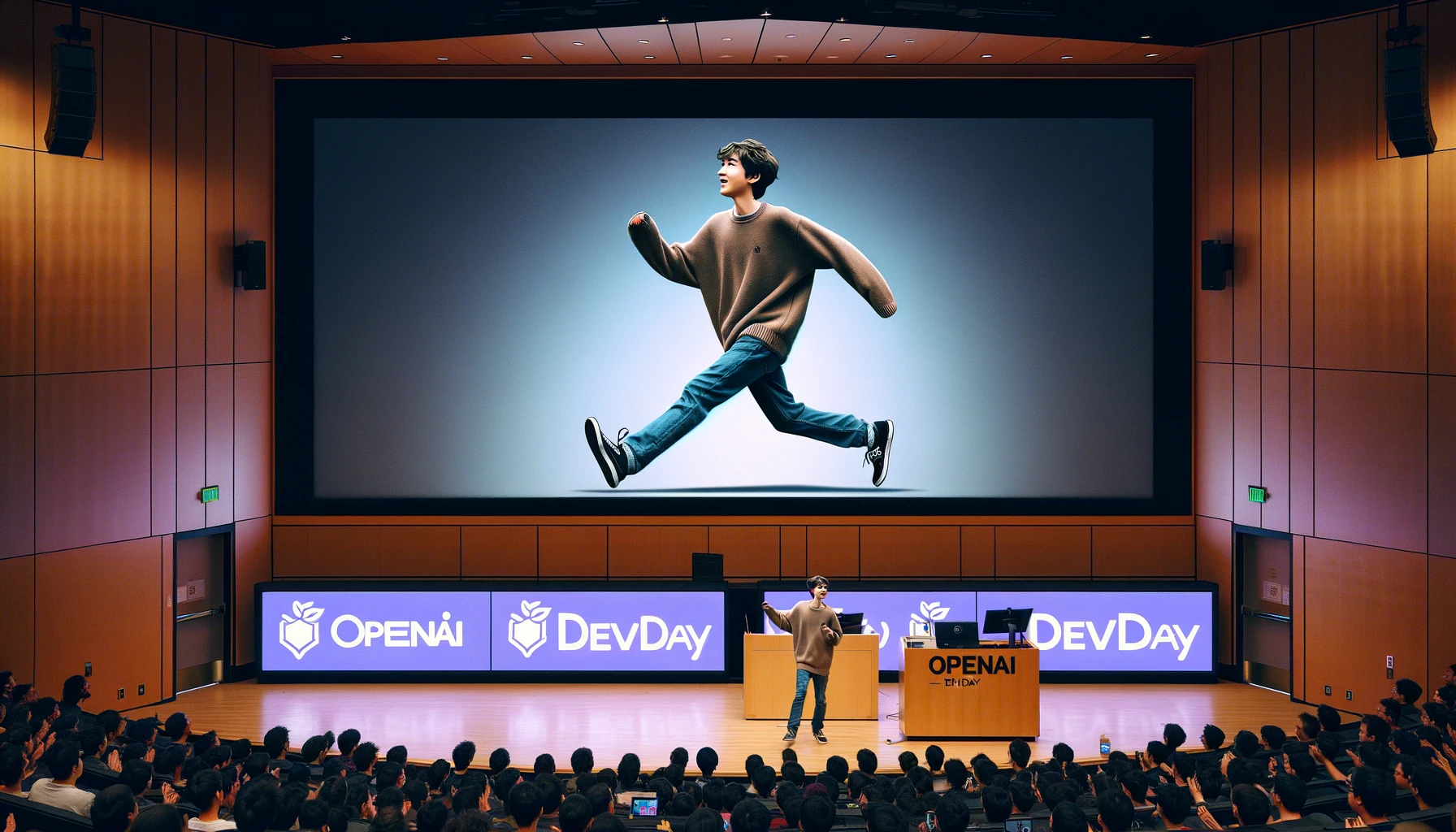
OpenAI Unveils Advanced AI Models and Developer Tools at DevDay
Introduction: OpenAI has announced a suite of new models and developer products that significantly enhance the capabilities and accessibility of its AI offerings. These advancements include the introduction of GPT-4 Turbo, Assistants API, new multimodal capabilities, and more, all aimed at providing developers with powerful tools to create sophisticated AI applications.
Features:
- GPT-4 Turbo: A more capable model with a 128K context window, allowing for the processing of over 300 pages of text in a single prompt. It is also priced 3x cheaper for input tokens and 2x cheaper for output tokens compared to GPT-4.
- Assistants API: Facilitates the creation of assistive AI apps with goals, model calls, and tool utilization. It includes Code Interpreter, Retrieval, and function calling capabilities.
- Multimodal Capabilities: Incorporates vision, image creation (DALL·E 3), and text-to-speech (TTS) into the platform.
- Function Calling Updates: Enhanced to allow multiple functions in a single message and improved accuracy in returning the correct function parameters.
- Improved Instruction Following and JSON Mode: Better performance in tasks requiring precise instruction adherence and a new mode ensuring valid JSON responses.
- Reproducible Outputs and Log Probabilities: A new seed parameter for consistent outputs and a feature to return log probabilities for output tokens.
- Updated GPT-3.5 Turbo: Supports a 16K context window and has improved instruction following and parallel function calling.
- Model Customization: Experimental access to GPT-4 fine-tuning and a Custom Models program for extensive domain-specific training.
Benefits:
- Lower Prices: Significant cost reductions across the platform, making advanced AI more accessible to developers.
- Higher Rate Limits: Doubled tokens per minute limit for GPT-4 customers, facilitating the scaling of applications.
- Copyright Shield: Legal defense and cost coverage for copyright infringement claims related to OpenAI’s generally available features.
- Whisper v3 and Consistency Decoder: Improved automatic speech recognition model and a new decoder for enhanced image quality.
Technical Details:
- Pricing: GPT-4 Turbo input tokens are priced at $0.01, and output tokens at $0.03. GPT-3.5 Turbo input tokens are priced at $0.001, and output tokens at $0.002.
- Rate Limits: The tokens per minute limit for GPT-4 customers have been doubled, with automatic rate limit increases based on usage tiers.
- Model Comparison: GPT-4 Turbo offers a larger context window and lower pricing compared to GPT-3.5 and the previous GPT-4 models, making it a more economical choice for developers.
- Vision API Pricing: For instance, passing an image with 1080×1080 pixels to GPT-4 Turbo costs $0.00765.
- DALL·E 3 API Pricing: Prices start at $0.04 per image generated.
- Text-to-Speech API Pricing: Starts at $0.015 per input 1,000 characters.
- Model Customization: The Custom Models program allows organizations to train custom GPT-4 models for specific domains, offering extensive customization.
Conclusion:
OpenAI’s latest updates mark a significant advancement in AI technology, providing developers with more powerful, cost-effective, and versatile tools. The introduction of GPT-4 Turbo, Assistants API, and new multimodal capabilities, coupled with the reduction in pricing and increased rate limits, demonstrate OpenAI’s commitment to making AI more accessible and scalable. These innovations are certain to drive a new wave of AI-powered applications and services across various industries. However, they do not come cheap. There are several open-source LLMs that offer similar functionality at much lower prices and some are even free to use for both commercial and research purposes.
Other AI News
-
Goldman Sachs Moves Ahead with a Dozen Generative AI Initiatives
Goldman Sachs is developing a dozen generative AI projects aimed at enhancing its business operations, as revealed by George Lee, co-head of the bank’s office of applied innovation, at the Reuters NEXT conference. These projects include using AI to interpret English-language commands for coding and generating documentation. However, due to the regulatory environment of financial services, these initiatives are not client-facing, such as in the delivery of financial advice.
The bank is proceeding cautiously with the integration of AI, mindful of the balance between leveraging its benefits and managing the associated challenges. While the technology’s capabilities are exciting, Lee emphasizes the necessity of human oversight in its application.
The use of generative AI in finance is becoming a competitive factor, with firms like Morgan Stanley and JPMorgan Chase also developing AI tools for research and investment selection. This technology is pushing professional advisors to enhance the value of the services they provide to justify their fees.
Investor interest in generative AI is high, but the involvement of large tech companies in early platforms presents a dilemma for venture capitalists looking to invest. Lee suggests that while big firms are currently the primary beneficiaries, there will likely be more opportunities for venture capital investment as the industry evolves, despite the current debates in Silicon Valley.
-
Amazon Invests in ‘Olympus’ AI to Compete with Leading Tech Giants
Amazon is reportedly developing a large language model known as “Olympus,” which, with 2 trillion parameters, could compete with leading models from OpenAI and Alphabet. This information comes from sources who chose to remain anonymous as the project’s details have not been officially released. The initiative is led by Rohit Prasad, the former head of Alexa and now the head scientist of artificial general intelligence at Amazon. He has consolidated various AI research efforts within the company for this project. While Amazon has previously worked on smaller models and collaborated with AI startups, the development of “Olympus” could enhance the appeal of Amazon Web Services to clients seeking access to high-performance AI models. However, there is currently no set timeline for when “Olympus” will be unveiled.
-
Huawei Gears Up to Challenge Nvidia in AI Chip Market Amid U.S. Restrictions
Huawei is positioning itself to challenge Nvidia‘s dominance in the AI chip market, especially as U.S. restrictions limit Nvidia‘s sales in China. Huawei, traditionally known for its telecommunications and smartphone products, has been developing its AI chip line for four years, with the Ascend AI chip series at its core. The Ascend 910, launched in 2019, was touted as the world’s most powerful AI processor at the time, and now Huawei is reportedly developing an updated version, the 910B.
The 910B has not been officially announced, but it has been referenced by Chinese companies and academics and appears in Huawei’s technical documentation. It’s purported to be on par with Nvidia’s A100 in terms of raw computing power. Baidu‘s recent order of 1,600 Huawei 910B chips for its servers indicates a significant shift towards domestic AI chip options in China.
This move is critical for Huawei and China’s broader ambitions in the AI space. With an estimated value of $7 billion for China’s AI chip market, gaining a foothold against U.S. providers could be a strategic win for Huawei. The company aims to offer an alternative to U.S. computing power in AI, with the Chinese government’s support and investment potentially enabling Huawei to close the performance gap with Nvidia in the future.
-
Baidu Places Order for Huawei AI Chips Amid Shift from Nvidia
Baidu, a leading AI company in China, has placed an order for Huawei’s artificial intelligence chips, moving away from its usual supplier, Nvidia. This change is seen as a response to the increasing U.S. restrictions on chip exports to China, which also affect Nvidia. Baidu’s order, made in August, was for 1,600 Huawei 910B Ascend AI chips to be used in 200 servers. By October, Huawei had already delivered over 60% of the order. The deal, worth around 450 million yuan ($61.83 million), is expected to be completed by the end of the year. Although the quantity is small compared to past orders from Nvidia, it’s a notable shift, indicating that Chinese tech firms might be starting to look for alternatives to U.S. chip suppliers.
-
Enable Hits $1 Billion Valuation with New Funding Amid Growth Surge
Enable, a startup specializing in rebate management software for trading partners, has reached a valuation of $1 billion following a $120 million funding round led by Lightspeed Venture Partners. This valuation marks a significant increase from its $800 million worth over a year ago. Despite a general slowdown in growth-stage financing, Enable has managed to more than double its revenue.
The UK-founded company, now based in San Francisco, provides cloud-based solutions to help businesses like Schneider Electric and Home Depot manage rebates within their supply chains. Rebates are used by B2B companies to incentivize purchases and foster customer loyalty, a process that has traditionally been managed manually with spreadsheets.
Enable plans to use the new funds for research and development, including the integration of AI into its software to enhance contract generation and provide data-driven pricing insights to boost sales. Additionally, the company is looking to expand its global footprint, which currently includes about 550 employees across the U.S., Canada, Europe, and Australia, with the U.S. making up less than half of its revenue. CEO Andrew Butt emphasizes the company’s focus on growth while still being mindful of unit economics. Lightspeed’s partner Arsham Memarzadeh, who led the funding round, noted Enable’s exceptional growth even in challenging macroeconomic conditions.
-
Tabnine Secures $25M for AI-Driven Code Generation Expansion
Tabnine, an AI startup specializing in code generation, has successfully secured $25 million in a Series B funding round. The round was led by Telstra Ventures, with contributions from Atlassian Ventures, Elaia, Headline, Hetz Ventures, Khosla Ventures, and TPY Capital. Founded in 2012 by Dror Weiss and Eran Yahav, Tabnine aims to enhance the software development lifecycle with generative AI. The platform offers tools like Tabnine Chat, an AI code assistant that can write code and consult on codebases, positioning itself as a ChatGPT for coding.
Despite competition from GitHub Copilot and Amazon CodeWhisperer, Tabnine differentiates itself by offering more control and personalization, such as on-premises deployment or via a virtual private cloud. Weiss, in an interview, emphasized Tabnine’s commitment to legal safety by using AI models trained on permissively licensed code or customer’s in-house codebases. With over a million users and 10,000 customers, Tabnine’s growth is notable, especially considering the collapse of its competitor, Kite, last year. The new investment will fuel the expansion of Tabnine’s generative coding tools and support the growth of its sales and global support teams, with plans to increase its workforce to 150 by the year’s end.
-
Ozone’s Seed Funding Fuels AI-Driven Video Editing Revolution
Ozone, a cloud-based AI-powered collaborative video editor, has secured $7.1 million in seed funding as it launches into open beta. The platform, created by Y Combinator alum Max von Wolff, is designed to streamline the video editing process, allowing content creators to perform time-consuming tasks quickly with AI assistance. Ozone’s features include removing silences, adding captions, color correction, and more, all aimed at enhancing productivity without replacing human creativity.
The startup targets content marketers and creators focused on short-form content for platforms like TikTok, Instagram, and YouTube, with plans to expand to longer formats in the future. Ozone stands out by offering professional-grade editing tools with simplicity and real-time collaboration, unlike traditional software like Adobe Premiere Pro and Final Cut Pro. With a freemium model planned post-launch, Ozone aims to make advanced editing accessible to individual and enterprise users, with further AI advancements on the horizon to improve content creation quality and speed.
-
Samsung Unveils Generative AI Model Samsung Gauss for Text, Code, and Image Generation
Samsung has introduced its generative AI model, Samsung Gauss, at the Samsung AI Forum 2023. Samsung Gauss is composed of three distinct tools: Samsung Gauss Language, Samsung Gauss Code, and Samsung Gauss Image. The Language model functions similarly to ChatGPT, capable of understanding and responding to human language, which could enhance productivity by assisting with tasks such as writing emails, summarizing documents, and translating languages. Samsung Gauss Code is designed to aid developers in writing code more efficiently, while Samsung Gauss Image focuses on generating and editing images, including enhancing image resolution.
Currently, Samsung Gauss is being used internally by Samsung staff, with plans to make it publicly available in the near future, although no specific timeline has been provided. Samsung also has plans to integrate this AI into its smart devices, potentially starting with the Galaxy S24 in 2024. Additionally, Samsung has established an AI Red Team to ensure the ethical use and security of its AI technology.
-
Meta to Implement Disclosure Requirements for AI-Generated Political Ads
Meta Platforms has announced that starting in 2024, it will require advertisers to clearly state if they use artificial intelligence or digital techniques to modify or generate political, social, or election-related ads on Facebook and Instagram. This move is to ensure transparency when ads depict people saying or doing things they never did, or when entirely fictitious but realistic-looking individuals or events are presented. Additionally, Meta will prohibit political advertisers from using generative AI tools to create ads and has begun granting advertisers broader access to AI tools for ad customization. This policy update follows similar actions by Google, which also introduced AI-driven ad customization tools while preventing the use of political keywords to generate content. These changes come amid growing legislative concern in the U.S. over the potential for AI to produce misleading deepfakes in political advertising.
-
Cast AI Raises $35M to Advance Cloud Cost Optimization Solutions
Cast AI, a company specializing in cloud cost optimization, has secured $35 million in a Series B funding round, bringing its total raised to $73 million. The investment, led by Vintage Investment Partners with participation from Creandum and Uncorrelated Ventures, will fuel product development and team expansion. Founded in 2019 by Yuri Frayman, Leon Kuperman, and Laurent Gil, Cast AI addresses the challenge of managing and reducing cloud expenses, a problem they experienced firsthand at their previous venture, Zenedge.
The platform Cast AI has developed connects to public clouds like AWS, Google Cloud Platform, and Azure, and uses models to autonomously optimize Kubernetes clusters, adjusting cloud usage while managing costs. Their system is trained on millions of data points, allowing for predictive adjustments to computing prices and proactive management of workload requirements. Despite the competitive FinOps market, Cast AI’s CEO Yuri Frayman is confident in the growing demand for their unbiased solutions that prioritize customer savings in cloud expenditures.
-
YouTube Experiments with AI to Enhance Viewer Interaction and Content Discovery
YouTube is set to test new generative AI features, including a conversational tool and a comments summarizer. The conversational tool will allow users to ask questions about the content they are watching and receive AI-generated recommendations, while the summarizer will organize and condense topics from video comments. Initially, these features will be available to a select group of U.S.-based YouTube Premium members on Android devices.
The aim is to enhance viewer engagement and assist creators in understanding their audience’s discussions. As these features are experimental, YouTube will be collecting user feedback to refine the tools.
-
Apple Amplifies AI Efforts: Tim Cook Confirms Generative AI Investments and Highlights New Features
During Apple’s Q4 earnings call, CEO Tim Cook addressed the perception that Apple might be lagging in AI, highlighting recent technological advancements that leverage AI. Cook pointed to iOS 17 features like Personal Voice, which creates a personalized automated voice for users with speech-affecting health conditions, and Live Voicemail, which transcribes voicemails in real-time. Both features, while not overtly branded as AI, are underpinned by AI and machine learning technologies.
Cook confirmed Apple’s investment in generative AI technologies but did not provide specifics, emphasizing the company’s approach to responsible investment and hinting at future product advancements centered on these technologies. Despite these developments, Apple appears to be playing catch-up in the realm of consumer-facing AI technologies, which have been propelled into the spotlight by tools from OpenAI, Anthropic, and Google. Reports suggest Apple is significantly increasing its AI budget and working on large language models to enhance Siri’s capabilities, aiming for a future where users can automate tasks that currently require manual programming.
-
Kai-Fu Lee’s 01.AI Unveils Yi-34B in Move to Shape China’s LLM Landscape
Kai-Fu Lee, a prominent figure in the AI industry, has launched a new venture, 01.AI, aimed at developing a large language model (LLM) specifically for the Chinese market. This move positions him as a competitor to other Chinese tech leaders in the race to create a domestic equivalent to OpenAI. The company’s first product is an open-source LLM named Yi-34B, which is bilingual in English and Chinese and contains 34 billion parameters. Despite its smaller size compared to other models like Falcon-180B and Meta LlaMa2-70B, Yi-34B has performed impressively in rankings.
01.AI has quickly scaled up, now boasting over 100 employees, many of whom are LLM specialists from major tech firms. The company’s rapid growth is supported by significant funding, with a valuation of $1 billion from investors including Sinovation Ventures and Alibaba Cloud. The team behind Yi-34B includes experienced AI professionals from Microsoft, Huawei, and Alibaba.
The startup’s strategy includes monetizing its AI models to sustain operations, with plans to release commercial products based on a proprietary model. Lee’s vision for 01.AI extends beyond just producing research models; he aims to create an ecosystem that facilitates easy application development for external developers, potentially leading to a range of innovative applications. Lee’s ambition is to make 01.AI a significant player in the AI field, leveraging China’s robust mobile internet ecosystem to develop superior applications.
-
GitLab Enhances Developer AI Tools with New Duo Chat Feature
GitLab has expanded its AI capabilities with the introduction of Duo Chat, a new feature that provides a ChatGPT-like interactive experience for developers. Initially released earlier this year, Duo’s AI features were designed to enhance developer productivity by summarizing issues, generating descriptions, suggesting code, and explaining vulnerabilities. Duo Chat, now in beta, allows developers to utilize these features through a conversational interface, making the tools more accessible and interactive.
David DeSanto, GitLab’s Chief Product Officer, explained that the integration of existing Duo capabilities into a chat format will continue to evolve from this first beta to the general availability launch. GitLab has also shifted its chat backend to Anthropic’s Claude, after evaluating different models and considering the need for a large context window to improve the chat functionality within GitLab. This move is somewhat surprising given GitLab’s partnership with Google for other AI features, including code completion.
Currently, Duo Chat offers general code-related chat capabilities, ‘explain this code’ features, and code refactoring, with plans to add test case generation and vulnerability explanation soon. The transition to chat has been influenced by the observation that experienced developers prefer less intrusive AI interactions, opting for guidance and refactoring suggestions in chat over inline code completion, which they find noisy. GitLab’s advantage in this space is its ability to access all of a user’s code, providing a broader context for the AI to operate within, which is crucial for achieving the best results in the chat experience.
-
Humane Unveils Ai Pin: A Step Towards an ‘Ambient Computing’ Future
Humane has launched the Ai Pin, a compact device designed to be worn on clothing, which uses artificial intelligence to enhance daily life without the need for a smartphone. Priced at $699 with an additional $24 monthly subscription, the Ai Pin is equipped with a camera, microphone, and various sensors, and it operates on a proprietary operating system called Cosmos. It offers features like voice control, gesture recognition, and a unique Laser Ink Display that projects information onto the user’s palm. The device aims to provide an “ambient computing” experience, blending seamlessly into the user’s environment and functioning independently of other devices, supported by a network built on T-Mobile. Humane’s Ai Pin represents a step towards integrating AI into everyday life, with the potential to evolve with future updates and new capabilities.
The Ai Pin is part of a broader trend of generative AI applications in technology, with Humane positioning itself as a pioneer in this space. The device’s launch comes at a time when the tech industry is exploring ways to incorporate AI into practical products. With significant investment, including backing from Sam Altman, Humane has raised $230 million to date. The Ai Pin’s introduction raises questions about the future of smartphones and the potential for new forms of technology to change our interaction with devices and information.
-
EarnBetter: Streamlining Job Applications with AI-Powered Writing Tools
EarnBetter, a startup co-founded by ex-Credit Karma employees, is shaking up the job application process with its AI-driven platform. This tool allows job seekers to upload their resumes or cover letters and quickly receive a reformatted and rewritten version tailored to specific job listings. The service, which is free for job seekers, aims to democratize the job search process by making it easier for applicants to present their qualifications effectively. EarnBetter’s platform also includes a job search tool and an editing suite that highlights skills and experiences relevant to job openings, streamlining the application process. While the platform generates revenue by charging employers when job applications are sent through it, it also claims to benefit employers by ensuring that resumes and cover letters are well-written and position-specific.
The company has attracted significant attention, with more than 100,000 resumes and cover letters created during its beta phase. EarnBetter’s approach has garnered a $4.5 million seed round from notable investors, including Andreessen Horowitz and Figma founder Dylan Field. The funds will be used to expand the team and develop new AI-powered products and services, with a focus on leveraging generative AI to enhance the job-seeking experience for all users.
-
Aleph Alpha Gains $500M Series B Investment for Sovereign AI Solutions
Aleph Alpha, a German AI startup, has successfully secured a substantial $500 million in Series B funding. This round was led by a consortium including the Schwarz Group, owner of the Lidl supermarket chain, and Bosch Ventures, with additional investments from new backers such as Berlin-based Christ&Company Consulting, Hewlett Packard Enterprise, SAP, and Burda Principal Investments. Existing investors from prior rounds also contributed. Founded in 2019, Aleph Alpha has positioned itself distinctively in the AI market by offering clients complete control over AI integration within their businesses, a model that resonates with the approach of startups like France’s Mistral.
Aleph Alpha, which currently employs around 70 people, focuses on sectors where EU-regulated data protection and security are paramount, such as government, law enforcement, and healthcare. With this new injection of funds, CEO Jonas Andrulis plans to expand the company’s services while ensuring independence and flexibility for customers regarding infrastructure, cloud compatibility, on-premise support, and hybrid setups. The funding may pale in comparison to the likes of Microsoft-backed OpenAI, but Aleph Alpha’s commitment to customer sovereignty in AI implementation sets it apart in the competitive landscape.
-
Plai Labs Unveils Personalized Text-to-Video Generator PlaiDay
Chris DeWolfe and Aber Whitcomb, known for creating Myspace and Jam City, have launched a new venture called Plai Labs. This Andreessen Horowitz-backed startup has introduced PlaiDay, a free text-to-video generator that differentiates itself by allowing users to personalize videos with their own likeness through selfies. Users can create animated scenarios of themselves in various settings by simply uploading a selfie and typing a prompt. While currently limited to three-second videos without audio, Plai Labs plans to extend these features.
PlaiDay is part of a larger AI platform named Orchestra, which aims to democratize AI tool creation, enabling product managers and designers to create AI applications without engineering support. This platform is expected to serve various business needs beyond generative art, including marketing, security, and analytics. Plai Labs anticipates expanding the capabilities of Orchestra in the near future, making it a versatile tool for AI application development across industries.
-
DeepInfra Secures $8M to Offer Affordable AI Inferences for Businesses
DeepInfra, a company specializing in AI inferences, has emerged from stealth with an $8 million seed investment led by A.Capital and Felicis. The company, founded by former engineers from IMO Messenger, aims to simplify the deployment of large language models (LLMs) for businesses by running them on private servers. DeepInfra offers a competitive pricing model at $1 per 1 million tokens, significantly undercutting the rates of OpenAI‘s GPT-4 Turbo and Anthropic‘s Claude 2.
DeepInfra’s service focuses on the inference aspect of AI, which requires substantial computing power to run models effectively for end-users. The company leverages the founders’ experience in managing large server fleets to optimize the use of hardware and model resources, enabling multiple users to query the same tokens without redundant computing operations. This efficiency allows DeepInfra to offer cost-effective AI inferences, particularly to small-to-medium-sized businesses that are sensitive to price. The company keeps a close eye on the open-source AI community, planning to integrate and offer a variety of state-of-the-art models to its customers.
-
IBM Launches $500M Fund to Fuel Enterprise AI Startups
IBM has announced the launch of a $500 million venture fund dedicated to investing in enterprise AI-focused startups. This significant investment follows IBM’s participation in a $235 million Series D funding round for the open-source AI platform Hugging Face. The fund aims to support a variety of AI companies, ranging from early-stage to hyper-growth startups, with a particular focus on advancing generative AI technology and research for enterprise applications.
Rob Thomas, Senior Vice President of Software and Chief Commercial Officer at IBM, emphasized the company’s commitment to responsible AI innovation through Watsonx, aiming to help organizations harness transformative technology. Hugging Face’s co-founder and CEO, Clem Delangue, commended IBM’s efforts to enhance the open-source ecosystem, expressing confidence in IBM’s potential to accelerate AI impact with this new venture fund.
IBM’s move is part of a broader trend of corporate venture capital investments in AI startups, joining the ranks of other major companies with significant venture funds like Salesforce, Workday, OpenAI, and Amazon. This initiative also comes amidst IBM CEO Arvind Krishna’s focus on navigating the company through the evolving landscape of AI and its implications for the workforce.
-
Snap Enhances AR Development with Lens Studio 5.0 Beta and New AI Features
Snap has introduced Lens Studio 5.0 Beta, the latest iteration of its augmented reality (AR) development tool, featuring new AI capabilities, including a ChatGPT API from OpenAI, and enhanced productivity features. This update, announced at the Lens Fest AR developer conference, allows developers to create more sophisticated AR experiences for Snapchat users. The integration of ChatGPT enables developers to generate text-based content for a variety of interactive Lenses, such as quizzes and camera filters that respond to user prompts. Additionally, the new 3D face mask generator utilizes generative AI to quickly create viral self-expression Lenses.
The Lens Studio 5.0 Beta also significantly improves project loading times, up to 18 times faster, and introduces support for version control tools like Git, enabling collaborative development. Snap has expanded access to Digital Goods, allowing any developer to offer exclusive AR features for purchase within Lenses. With over 330,000 developers on its AR platform and nearly 3.5 million Lenses created, Snap’s AR content has amassed over 3 trillion views in the past year. The Lens Creator Rewards program further incentivizes creators by offering monthly rewards for top-performing Lenses, with more than 45,000 Lenses participating and generating over 5 billion interactions in its first month.
-
Picsart Ignite: Unleashing Creativity with New AI-Powered Suite
Picsart, a photo-editing platform, has introduced Picsart Ignite, a comprehensive suite of AI-powered tools aimed at both businesses and individual creators. This new suite includes 20 different tools that simplify the creation of advertisements, social media posts, logos, and more. Notable features include the ability to generate videos, images, GIFs, logos, backgrounds, QR codes, and stickers. Additionally, Picsart Ignite offers innovative functions like “AI Expand,” which adds details to images through AI prompts, and “AI Object Remove in Video,” which removes unwanted elements from videos. For those seeking artistic flair, “AI Style Transfer” applies artistic styles to visuals, and “AI Avatar” creates realistic business portraits or fun couple and pet transformations.
The launch of Picsart Ignite reflects the growing trend of integrating AI tools into creative platforms, enhancing user experience and content generation. Picsart, already popular for its digital creation tools, is expanding its offerings to foster social collaboration through in-app communities called “Spaces,” where users can connect and create around shared interests. Picsart Ignite is now available across web, iOS, and Android platforms, joining the company’s existing AI tools like AI Writer, AI Replace, and AI Image Generator, which produces over 2 million images daily.
-
Hugging Face’s H4 Team: Pioneering Open-Source AI Chat Models
Hugging Face, an AI startup known for its data science hosting and development tools, has a small but potent team called H4, which stands for “helpful, honest, harmless and huggy.” Formed in January, H4 is focused on creating open-source AI models akin to ChatGPT. The team’s formation was inspired by the release of ChatGPT, and they aim to develop tools and “recipes” that allow the AI community to build similar AI-powered chatbots. H4 has already produced Zephyr-7B-α, a chat-centric model, and modified Falcon-40B to respond more helpfully in natural language.
H4 operates with agility due to its size and is supported by Hugging Face’s infrastructure, including over 1,000 Nvidia A100 GPUs. The team collaborates with both internal groups and external partners, contributing to the open AI community by sharing training codes and datasets. While H4 doesn’t directly monetize its tools, their work supports Hugging Face’s Expert Acceleration Program, which helps enterprises build custom AI solutions. H4’s goal isn’t to compete with other open source AI initiatives but to empower the community through their contributions.
-
Mozilla’s Fakespot Chat: The AI Shopping Assistant Tackling Fake Reviews
Mozilla has launched Fakespot Chat, an AI-powered chatbot designed to assist online shoppers in researching products. This large language model (LLM) chatbot can answer questions about products, suggest research questions, and help consumers discern the quality of online reviews. Fakespot Chat is part of Mozilla’s efforts to combat fake and deceptive product reviews, which are sometimes generated by AI technologies. The irony is not lost on Mozilla, as they use AI to fight the very problem AI is exacerbating.
Fakespot Chat, accessible via the Fakespot Analyzer or a browser extension, analyzes product reviews to provide trustworthy information. It doesn’t require personal information or account creation to function. While Mozilla acknowledges the chatbot may not always be perfect, they are open to user feedback to improve the model. This initiative is among Mozilla’s broader AI efforts, including a $30 million investment in an independent open-source AI ecosystem and hosting AI challenges for building trustworthy AI solutions.
-
Sutro Unveils AI-Powered, Code-Free App Development Platform
Sutro, an AI-powered startup, is revolutionizing app development by allowing users to create full-fledged apps for web, iOS, and Android platforms without any coding knowledge. Founded by Tomas Halgas and Owen Campbell-Moore, Sutro leverages AI and proprietary technology to automate the app-building process, from AI expertise and product management to design and scaling. Users can start with a simple prompt describing their product, and Sutro’s AI, powered by GPT-4 and other LLMs, along with rule-based compilers, takes over to generate the necessary clients and backend setup. The platform also offers a studio toolkit for customization and supports the integration of custom code and components.
Sutro distinguishes itself from no-code platforms by providing a more comprehensive development team experience, enabling high-level changes with minimal effort. For instance, users can request features like adding ratings to posts, and Sutro will implement the feature, including any necessary algorithms or aggregation. The startup charges a subscription fee based on project size and complexity, which they claim is significantly lower than hiring a development team. With a team from Uber, Twitter, Meta, and Google, Sutro has raised $2.2 million and is currently used by 715 makers to build 934 apps.
About The Author

Bogdan Iancu
Bogdan Iancu is a seasoned entrepreneur and strategic leader with over 25 years of experience in diverse industrial and commercial fields. His passion for AI, Machine Learning, and Generative AI is underpinned by a deep understanding of advanced calculus, enabling him to leverage these technologies to drive innovation and growth. As a Non-Executive Director, Bogdan brings a wealth of experience and a unique perspective to the boardroom, contributing to robust strategic decisions. With a proven track record of assisting clients worldwide, Bogdan is committed to harnessing the power of AI to transform businesses and create sustainable growth in the digital age.
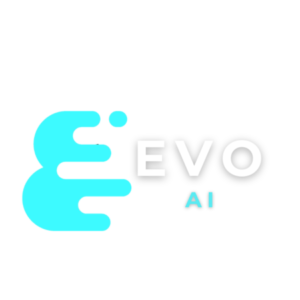


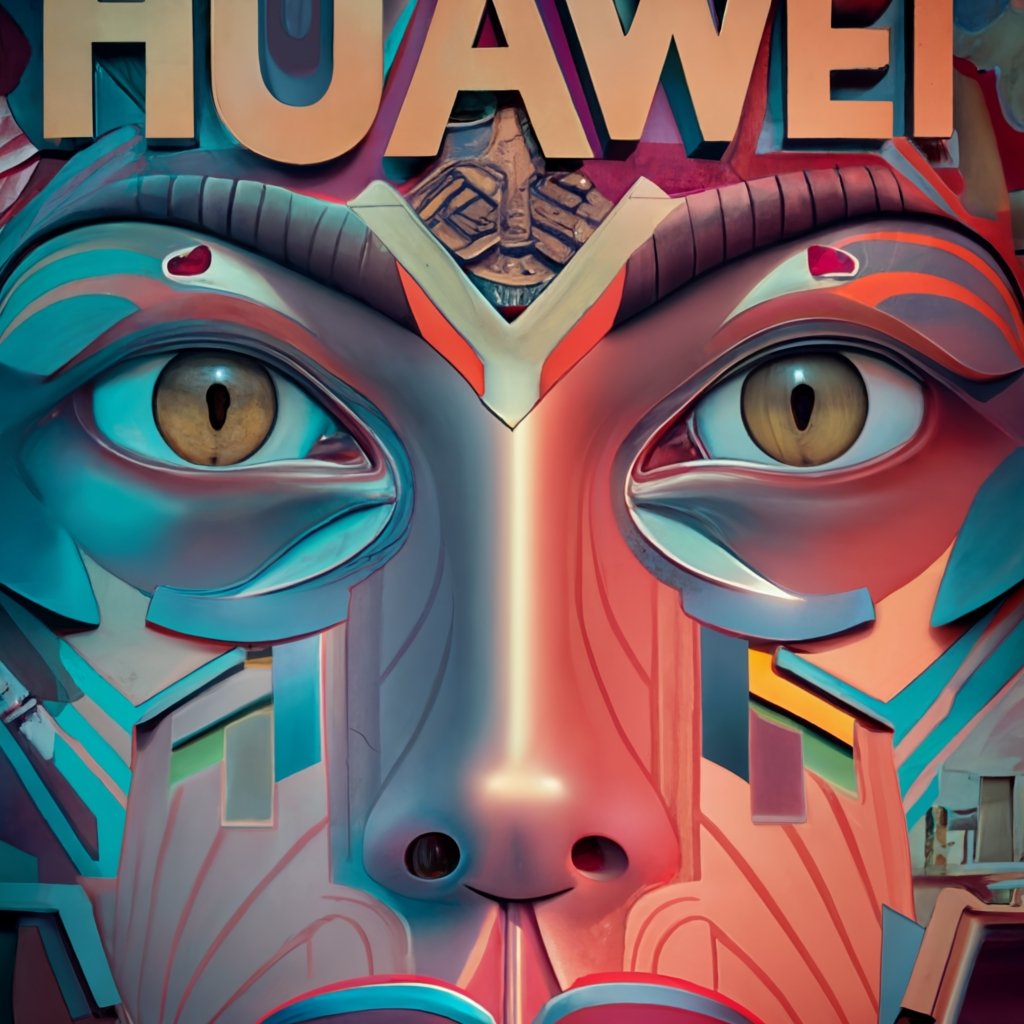
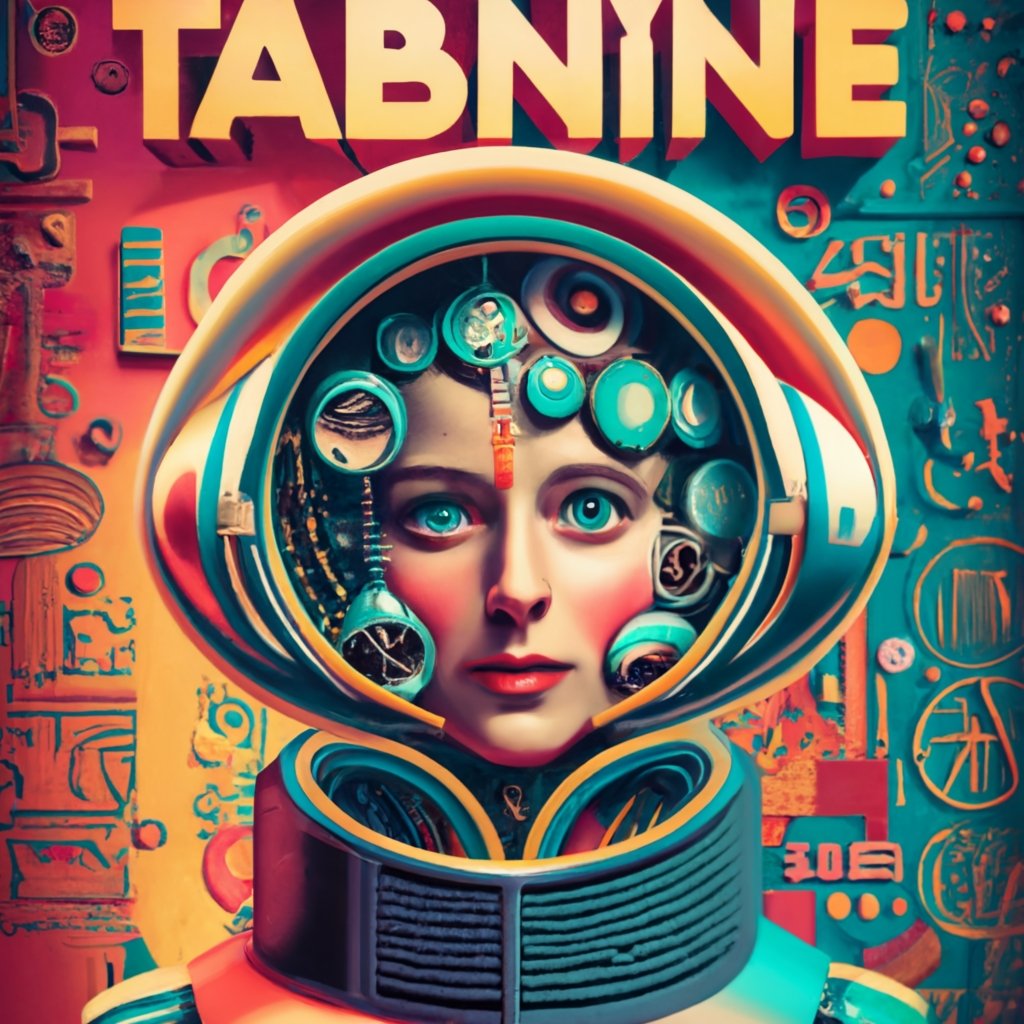
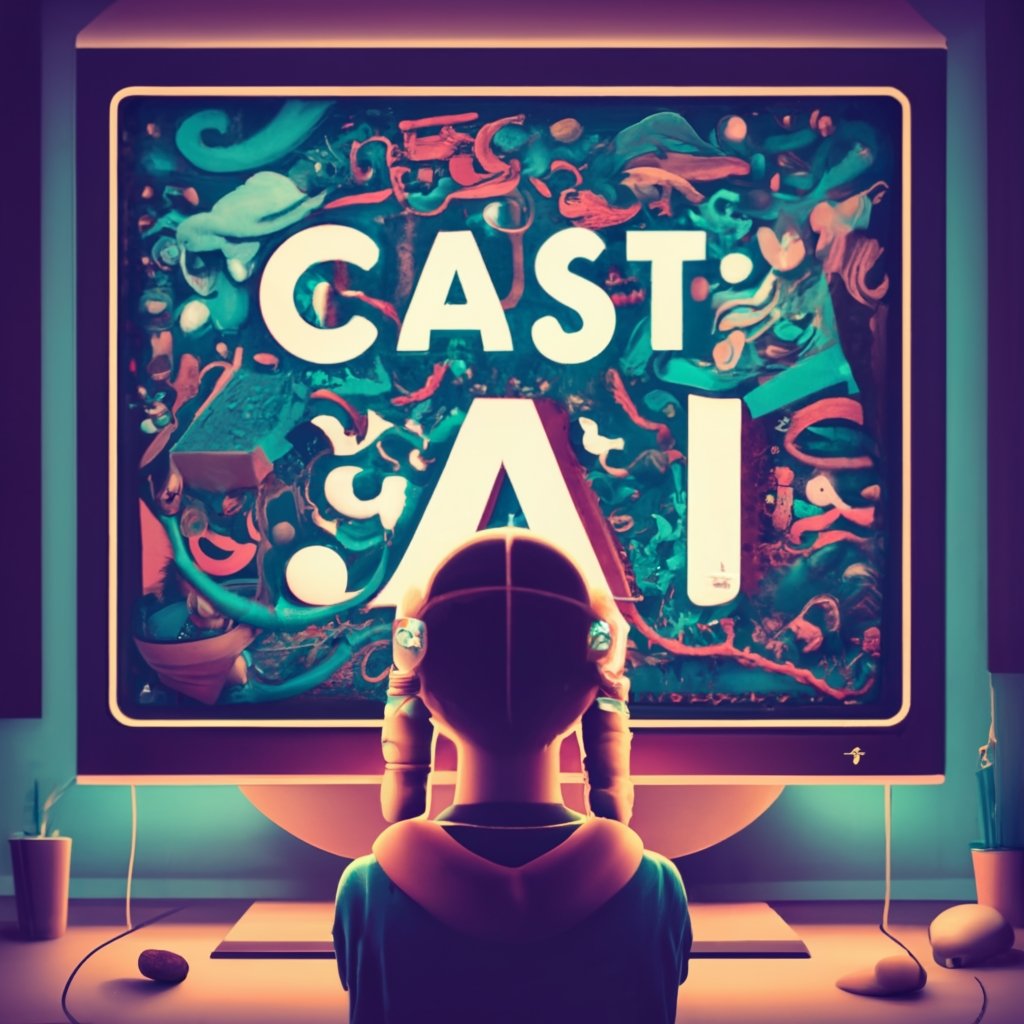

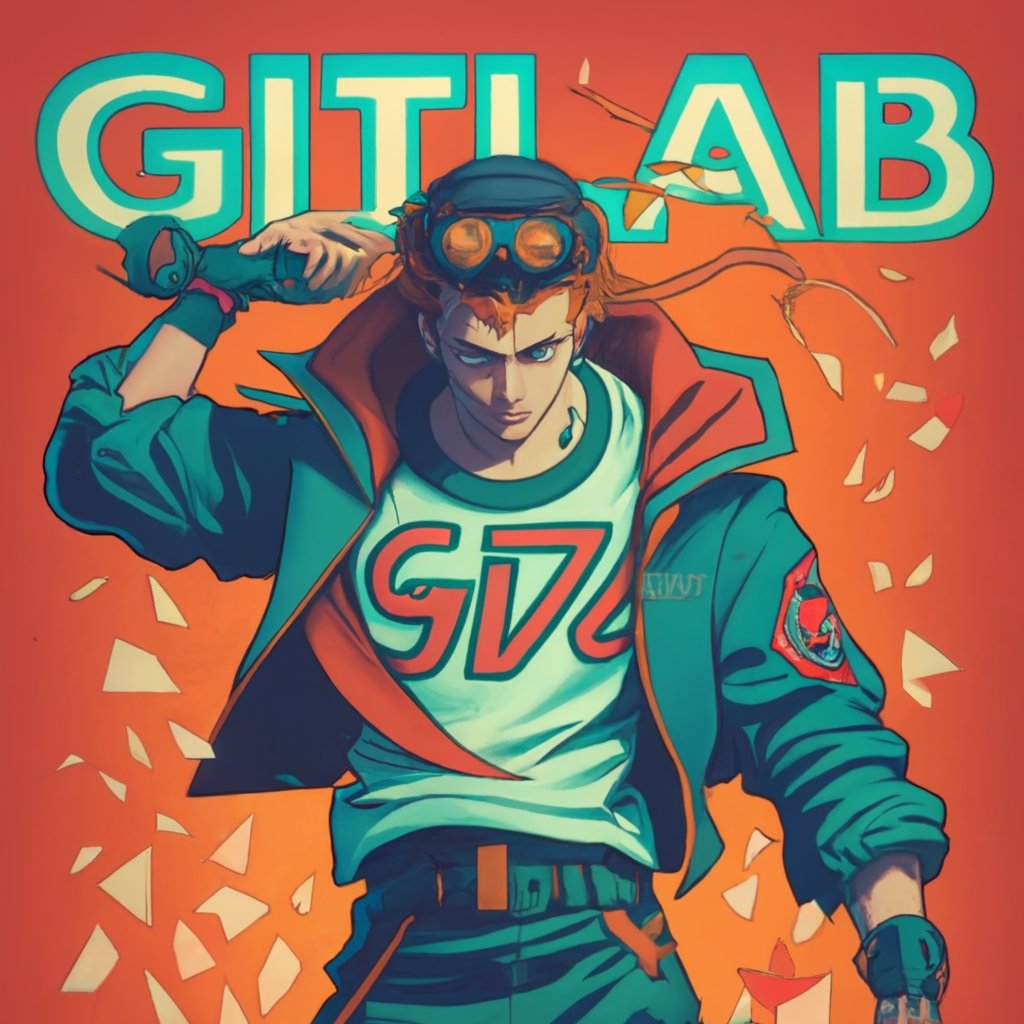




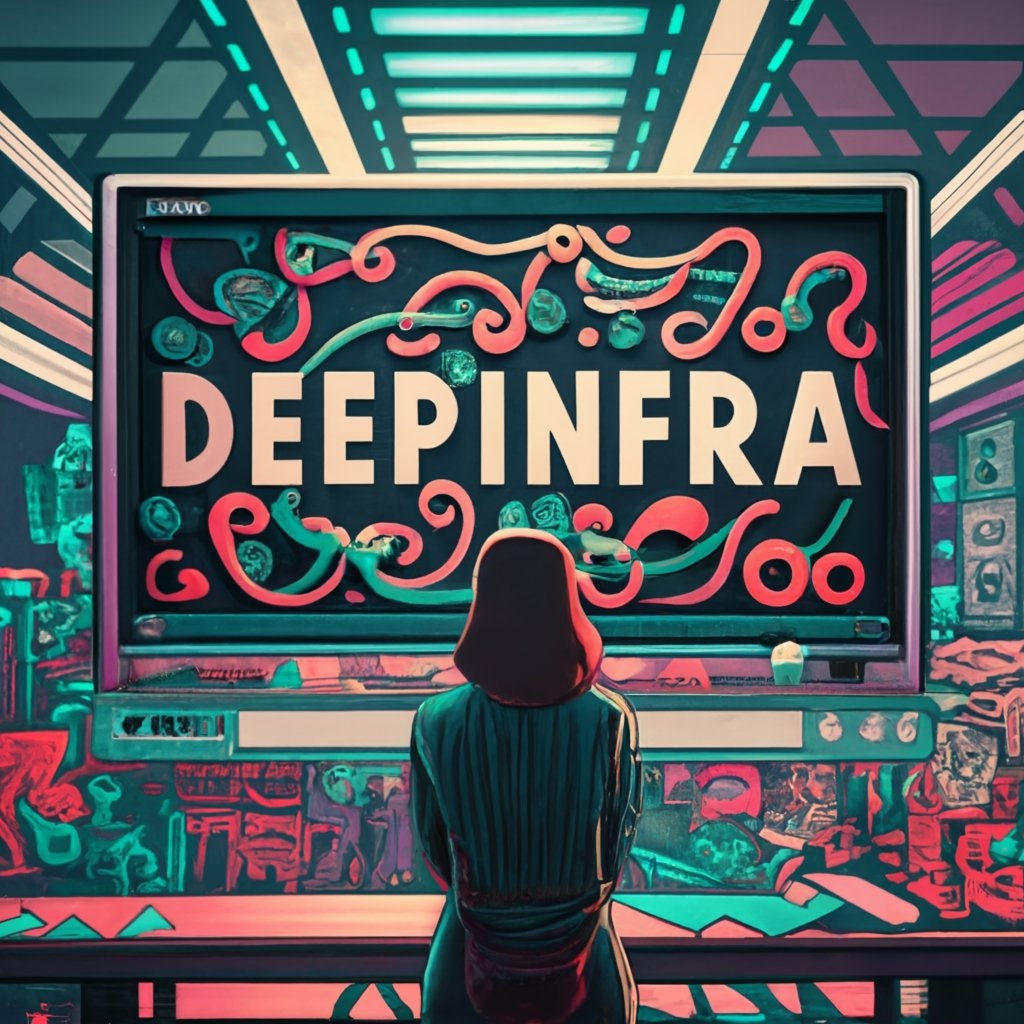




Leave A Comment